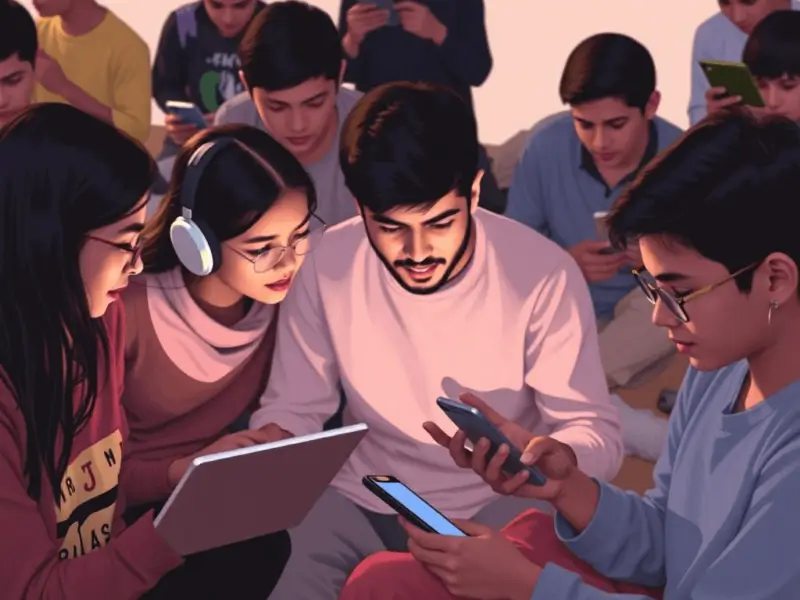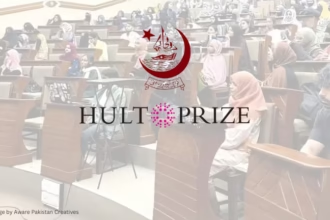The internet has revolutionized the way people connect, share ideas, and access information globally. In Pakistan, where the youth form a significant portion of the population, the digital realm has dramatically influenced how young individuals interact, express themselves, and engage with global trends. It has become a vital platform for Pakistani youth to explore and adopt various subcultures—whether through music, fashion, or online communities like gaming. Additionally, the internet has empowered young Pakistanis to organize and participate in social movements addressing critical issues such as women’s rights, environmental concerns, and political activism.
In a society deeply rooted in tradition and cultural values, the internet provides a space for young people to explore alternative identities and lifestyles. Social media platforms like Instagram, TikTok, and YouTube enable youth to follow global trends, from K-pop and streetwear to local adaptations of these subcultures. Furthermore, youth activism has flourished online, with movements like #MeTooPakistan and the Aurat March utilizing social media to garner attention and build momentum for their causes.
However, the internet in Pakistan also presents challenges, such as cyberbullying, censorship, and the spread of fake news. Despite these obstacles, the growing influence of the internet is reshaping youth culture in the country. This article explores how the internet has affected youth subcultures and movements in Pakistan, drawing on literature and providing a critical analysis of these changes.
Literature Review
Several Pakistani scholars have examined the internet’s impact on youth culture. Nida Kirmani explores digital feminism in Pakistan, highlighting how social media has created spaces for young women to challenge traditional gender roles and join global feminist movements. She points to online campaigns like #MeTooPakistan, which have sparked youth-led movements to combat gender-based violence and advocate for women’s rights in the country.
Similarly, Dr. Ayesha Khan examines how the internet has transformed youth culture in Pakistan. She discusses how platforms like Facebook and YouTube have encouraged new cultural movements, such as hip-hop music and fashion trends that mix traditional attire with global styles. Khan emphasizes that the internet allows Pakistani youth to stay connected to their local culture while also engaging with global trends, creating a unique blend of both.
These studies provide a framework for understanding how the internet has shaped youth subcultures and movements in Pakistan, offering insight into how young people are navigating both local and global influences in the digital age.
Critical Analysis
2. Globalization of Subcultures in Pakistan
The internet has enabled Pakistani youth to engage with global subcultures in ways that were previously impossible. Music and fashion trends popular internationally are now just as accessible in Pakistan. For instance, the global popularity of K-pop has reached Pakistan, where young fans form online communities, share content, and even organize local fan events. Similarly, the streetwear culture, largely influenced by American and European trends, has found a place in urban centers like Karachi and Lahore, where youth combine global street fashion with traditional Pakistani clothing to create unique styles.
While this allows Pakistani youth to explore new forms of expression, it also creates tension with more conservative societal norms. Subcultures like goth and punk, known for their rebellious spirit, may clash with traditional values. However, the internet has opened doors for youth to experiment with different lifestyles and challenge existing norms.
Digital Communities and Online Activism
The internet has also provided spaces for young Pakistanis to build online communities. Whether it’s gaming groups or feminist discussion forums, digital platforms allow youth to connect over shared interests, regardless of location. These online communities play a significant role in nurturing subcultures and providing a sense of belonging for those who might not find such spaces in their offline lives.
The internet has also been crucial in driving youth-led activism in Pakistan. The Aurat March, for example, uses social media to organize protests and raise awareness about women’s rights issues. Similarly, movements like Fridays for Future Pakistan, focused on climate activism, have used digital platforms to gather support and organize events. Despite the positive influence, online activism in Pakistan faces obstacles such as government censorship, online harassment, and even personal threats. Nevertheless, the internet remains a powerful tool for amplifying youth voices and mobilizing social change.
Cultural Hybridization and Identity Formation
One of the key impacts of the internet on youth culture in Pakistan is cultural hybridization, where global and local influences come together to create new identities. For example, young Pakistanis are combining traditional clothing such as shalwar kameez with global streetwear, creating unique fashion trends that reflect both cultural heritage and modernity. This blending of cultures allows youth to participate in global trends while staying rooted in their local identity.
The internet also helps youth navigate questions of identity and belonging. Platforms like Instagram and YouTube allow young Pakistanis to experiment with different styles, from Western fashion to South Asian aesthetics, helping them form identities that embrace both global and local influences. This cultural hybridization is especially important in a rapidly modernizing world, where young people must balance tradition with new global perspectives.
Conclusion
In Pakistan, the internet has significantly influenced youth subcultures and movements by connecting young people to global trends, fostering online communities, and enabling activism. While challenges like censorship and online harassment persist, the internet’s role in shaping youth culture is undeniable. Pakistani youth are using digital spaces to explore new identities, participate in social change, and embrace the dynamic blend of local and global cultures in the modern world.
